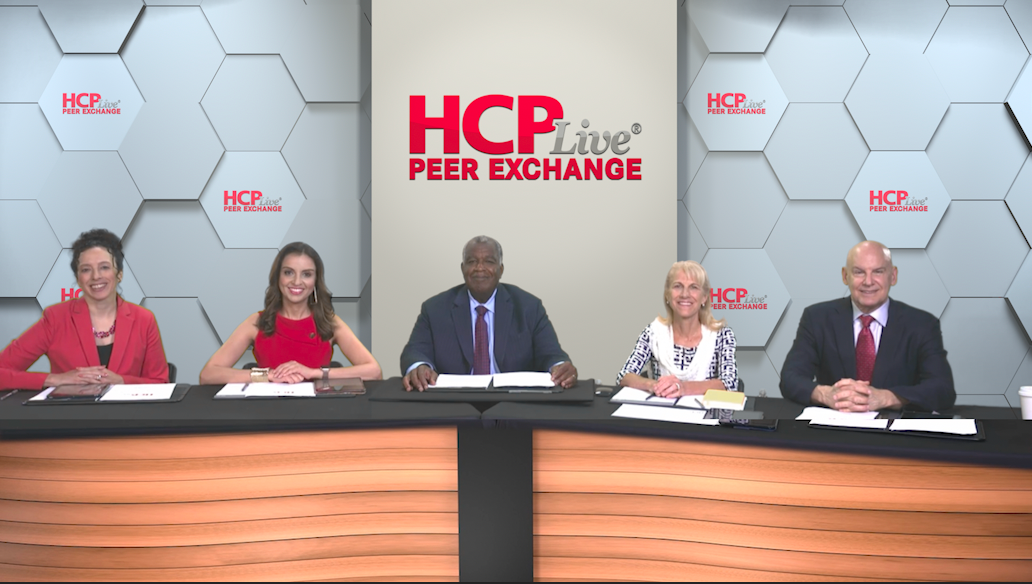Cardiovascular
Long-term efficacy and safety of PCSK9 inhibitors
Keith C. Ferdinand, MD, FACC, FAHA, FNLA: Dr [Payal] Kohli[, MD, FACC], the PCSK9 inhibitors were [addressed], and I know you’ve looked at some of the more recent data. They’ve been around a long time, and we now have data that [show] they really do work, and…for a long period…. Do you want to discuss that?
Payal Kohli, MD, FACC: That’s right. The FOURIER trial [NCT01764633], which was sort of [a] parent trial, [had] over 27,000 patients using evolocumab in a population with stable ASCVD [atherosclerotic cardiovascular disease], and followed [these patients] for a couple of years. The FOURIER-OLE [NCT02867813], or open-label extension study, was about 6600 patients or so from the parent trial, who then sort of stayed on the medication. This is the longest [trial] to date for a PCSK9 inhibitor. The longest [a] patient was followed [was] for 8.4 years, but the median follow-up [duration] was about 5 years. They looked at a couple of different things. They looked at, does a PCSK9 inhibitor continue to work as well as it did in the beginning? Or do you get tachyphylaxis? Do you get used to it? Does the efficacy go down? And thankfully the LDL [low-density lipoprotein] lowering effect was over 60%, just like in the parent trial. Anyone who was initially on placebo and switched to the PCSK9 inhibitor quickly dropped their LDL nice and low. Their response was still brisk. Efficacy data [were] very reassuring with respect to LDL lowering. The safety data [were] incredibly reassuring. In fact, the…adverse effects were lower in the follow-up trial; [however,] there could have been a little bit of selection bias because the [patients who] continued on it could have been the ones [who] tolerated it. But no new signals for safety emerged. What I found interesting was something that we call a legacy effect and a lag effect that showed up in this trial. The legacy effect means the [patients who] started on evolocumab and stayed on it got a head start. They got an advantage. If you look at them vs the [patients who] started on placebo and then switched to evolocumab, the [patients who] started on it earlier did better. They had a MACE [major adverse cardiovascular event] reduction that was comparable to the parent trial, [and] that sort of put them ahead of the others. That really drives home the point that we’ve all been saying. Which is start them early because you’re giving them that head start.
The lag effect showed that in the parent trial [we] did not have any cardiovascular death benefit. Think about it. When you modify the LDL, it takes a little while to modify the plaque. It takes a little while to translate into MIs [myocardial infarctions], [which] translates into death. So, 2.2 years for the parent trial was just a bit too early to see this cardiovascular death benefit. But in the follow-up, we saw a nice reduction in cardiovascular death, really showing that [if] you keep them on it, you’re reducing [the] chance of dying from heart disease.
Mary McGowan, MD, FNLA: That’s true…. The one other issue [highlighted] with the FOURIER trial open-label extension was those individuals, all at baseline, had cardiovascular disease [and] we saw that even with this great reduction, statistically significant reduction in favor of those who were on it longer, there were still pretty high cardiac event rates. It really speaks to starting these agents even earlier.
Transcript Edited for Clarity

